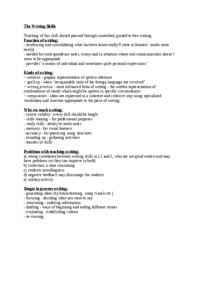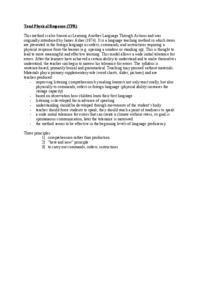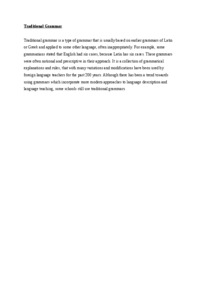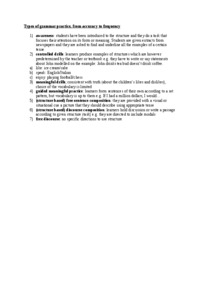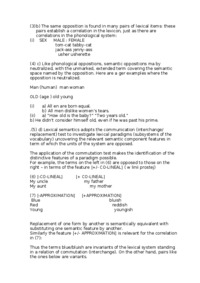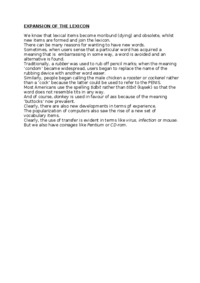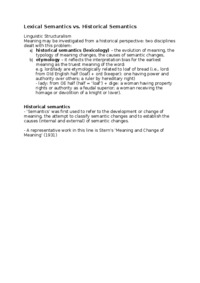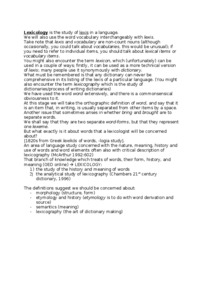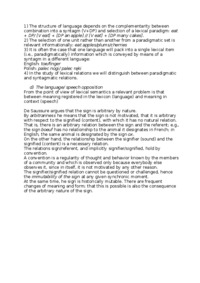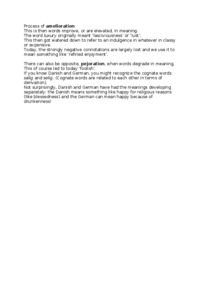The Writing Skills, teaching writing-opracowanie
- Uniwersytet Rzeszowski
- Metodyka nauczania języka angielskiego
The Writing Skills Teaching of this skill should proceed through controlled, guided to free writing Function of writing: - reinforcing and consolidating what has been learnt orally 9 store in learners` minds more easily) - needed for correspondence notes, essays and in situation where oral commu...

